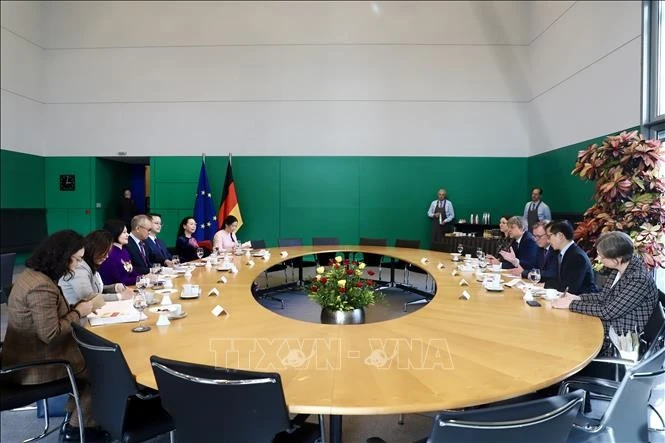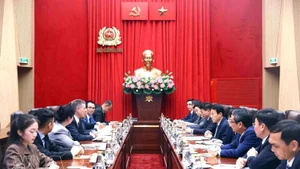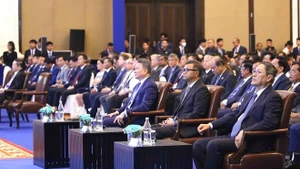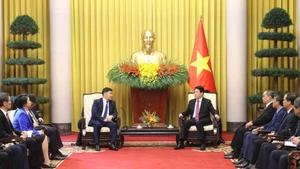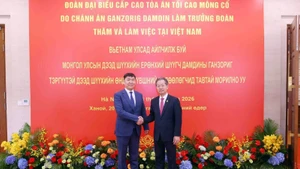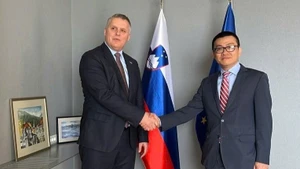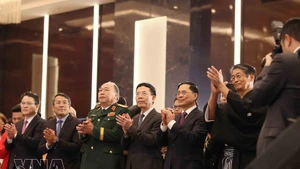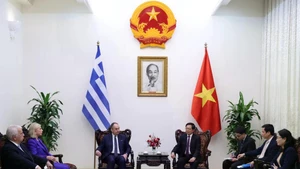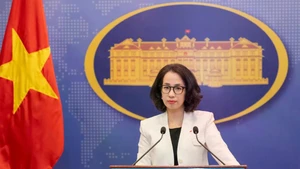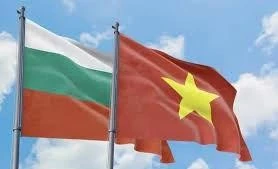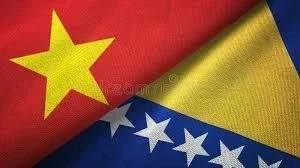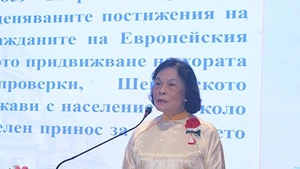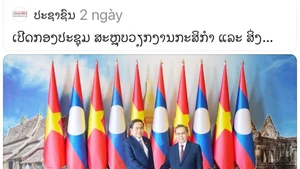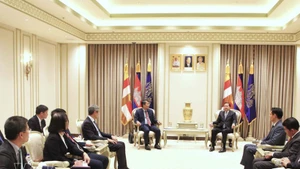The proposal was made during his working sessions in Germany from October 14–18 with Bodo Ramelow, Vice President of the German Bundestag; Dr. Malte Kaufmann, Chair of the ASEAN Parliamentary Friendship Group; and Armin Laschet, Chairman of the Bundestag’s Foreign Affairs Committee.
At the meetings, Tien expressed his pleasure at the robust growth of the Viet Nam–Germany Strategic Partnership across all channels, including parliamentary cooperation. He noted that political relations as well as bilateral cooperation in economy, trade and investment have been developing positively and effectively, with economic collaboration remaining a key pillar of the strategic partnership. Viet Nam, he affirmed, always attaches great importance to its multifaceted relations with Germany.
He emphasised that investment cooperation still holds much potential for growth once EVIPA is ratified and implemented by EU member states. The agreement is among Viet Nam’s top priorities, reflecting its political determination to foster a fair, transparent, and responsible investment environment that benefits both Viet Nam and its EU partners, he said.
As a major EU member shaping the bloc’s foreign and investment policies, Germany’s early ratification of EVIPA would be of strategic importance. It will not only reaffirm Germany’s commitment to the EU’s core values of rule of law and fair trade but also deepen the Viet Nam–Germany Strategic Partnership. The ratification and enforcement of EVIPA will create fresh momentum for bilateral trade and investment, complementing the EU–Viet Nam Free Trade Agreement (EVFTA), which has been in effect since 2020 and has already produced tangible positive outcomes.
The agreement is also expected to boost German investment in Viet Nam, particularly in renewable energy, green transition and sustainable development, manufacturing, services, logistics, and education, areas prioritised by both sides and aligned with Germany’s diversification and risk-reduction investment strategy. For Viet Nam, EVIPA will strengthen legal protection for Vietnamese investors in Germany and across the EU, while fostering institutional reform and policy transparency in areas such as intellectual property, market access, and dispute settlement.
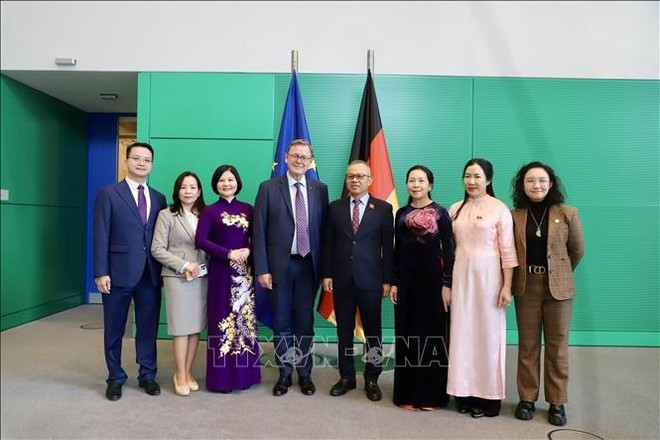
For his part, Ramelow expressed his wish to deepen cooperation with Viet Nam. Regarding EVIPA, he acknowledged that although there are differing opinions among parties within the Bundestag, he believes the majority will support the agreement.
On political and diplomatic ties, Tien proposed that the two sides enhance delegation exchanges at all levels, promote local cooperation and people-to-people exchanges, and urged Germany to resume the visa exemption agreement for holders of diplomatic passports.
Both sides agreed to strengthen parliamentary exchanges to share experience in legislation, supervision, and parliamentary innovation, while continuing to coordinate and support each other at multilateral parliamentary forums. The Vietnamese side also called on the German parliament to raise its voice urging the European Commission to lift the “yellow card” warning on Viet Nam’s seafood exports related to illegal, unreported, and unregulated (IUU) fishing.
Regarding defence and security, the Vietnamese delegation proposed closer inter-parliamentary cooperation, noting the untapped potential for collaboration amid the current complex geopolitical context.
During the working trip, the delegation also met with officials of the Vietnamese Embassy in Berlin.
